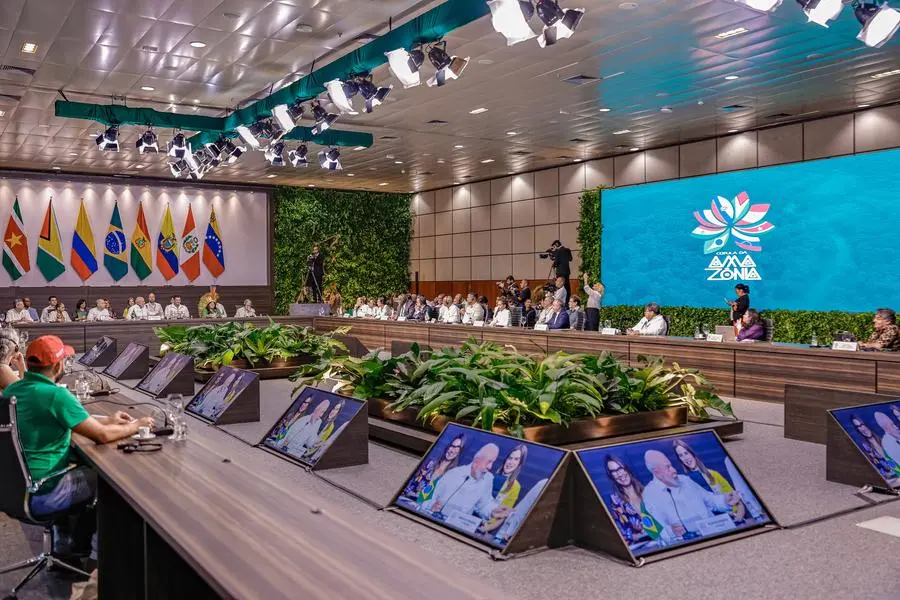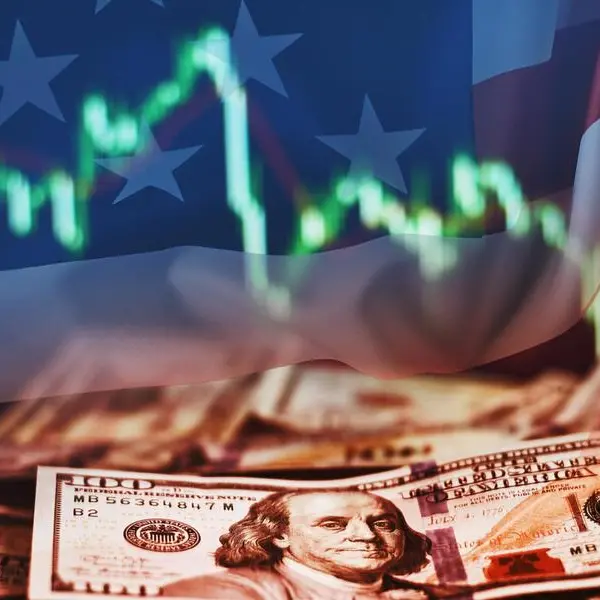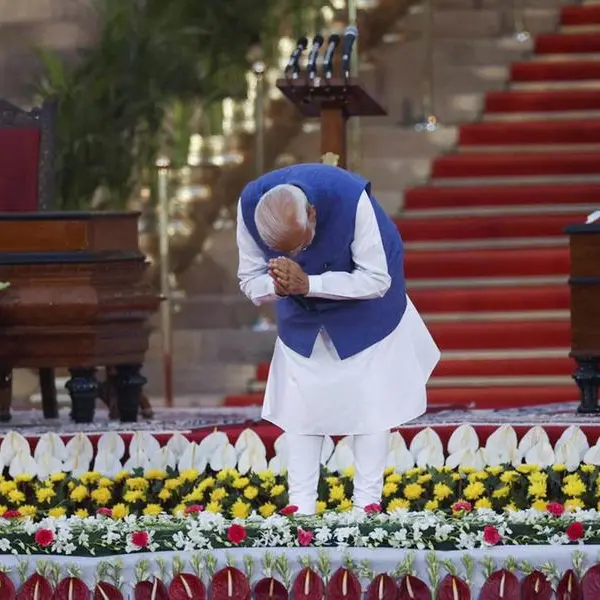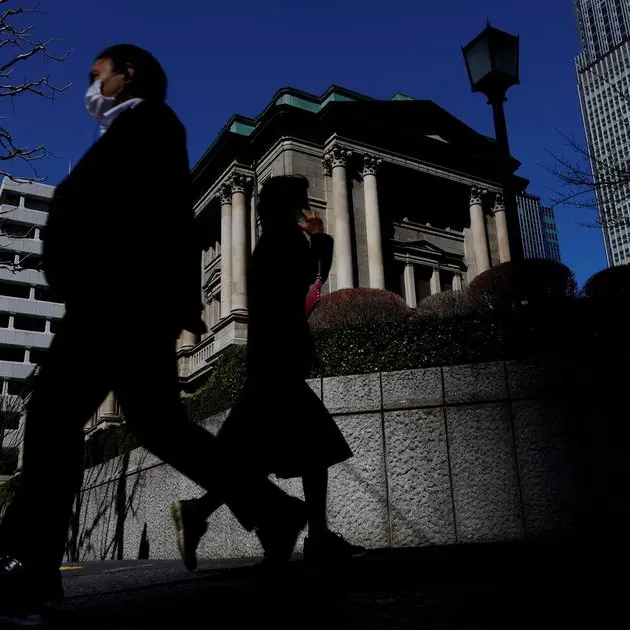PHOTO
BELÉM, Brazil - Plans for new railways, roads, dams and oil drilling in the Amazon are raising fears about further damage to the rainforest even as regional leaders hold a summit in Brazil seeking to end deforestation.
Brazilian President Luiz Inacio Lula da Silva is hosting heads of other Amazon nations at two-day talks ending on Wednesday in the city of Belem to safeguard the forest, encourage sustainable use and stem biodiversity losses.
Indigenous peoples and environmental activists say a raft of major infrastructure projects is at odds with Lula's goal of ending deforestation in the world's largest tropical rainforest by 2030.
"It is a bomb of environmental destruction in Indigenous territories," Telma Monteiro, from the Association of Threatened Peoples, said of a planned railway in the Amazon to help grain exports.
In June, Brazil's Supreme Court allowed the government to proceed with studies and administrative processes for the R$ 25 billion ($5.1 billion) 933-km (580-mile) Ferrograo railway.
Researchers say the railway, due to transport grains from Brazil's midwest agriculture powerhouses to an Amazon river port for export, could impact an area bigger than Denmark.
The government says the railway would help protect the region overall by reducing heavy traffic on a road on a similar route, and cut use of fossil fuels in trucks.
Tarcisio Feitosa, a prominent environmental activist, said the railway crosses a region marked by "land tenure chaos", making it especially vulnerable to land-grabbing, closely connected to deforestation in Brazil's Amazon.
Sexual violence and exploitation, commonly associated with large infrastructure projects in Brazil's Amazon, have not been addressed by the project's studies, he added during the Amazon Dialogues, a civil society gathering before the summit.
"The law is being overrun, they are not consulting Indigenous populations", as established by a United Nations convention, said Doto Takak-Ire, a member of Instituto Kabu, an organization formed by 12 villages of Kayapo people, which would be impacted by the railway.
"Without consultation there will be no railway", he said, or else "we will build a village on its path".
Deforestation is also a major driver of climate change since trees are a vast natural store of carbon.
DAM CONTROVERSY
In recent decades, Brazil has also constructed of a series of dams, most notably the Belo Monte dam finished in 2019, to help produce renewable energy and reduce use of fossil fuels.
It is often criticized, however, for its environmental impact over the Xingu river, driving land speculation and deforestation on nearby areas.
Ahead of the summit, a group of 61 Brazilian and Bolivian groups, from environmental NGOs such as Greenpeace to city councils and communities of peasant farmers, presented a letter opposing the construction of the Binational Madeira Hydropower Dam, between Brazil and Bolivia.
According to the letter, the project treats the "Amazon and its inhabitants simply as a sacrificial territory", without recognizing the communities' right to discuss it.
"How are we supposed to discuss climate change, bioeconomy, if we are once again talking about a ... dam in the Amazon?", said Iremar Ferreira, member of COMVIDA (Committee in Defense of Amazon Life at the Madeira River basin).
Txai Suru, an indigenous youth leader from the Amazonian state of Rondonia, asked: "When will the white man understand that the river is alive? That it flows in our veins?"
FOREST ROAD
Largely abandoned by authorities over decades, an 855-km road linking Manaus on the Amazon southwards through the forest started to receive upgrades from 2015.
In 2022, however, environmental officials authorized the development of a project to pave the road, which is notoriously muddy during the rainy season.
According to environmentalists, expectations for improved road access is already driving land speculation, and leading to more deforestation in one of the most protected tracts of the Amazon.
On Monday, the Observatory of BR-319, named after the highway, said that 2,061 km of illegal side roads were built along the road between 2016 and 2022, used by land grabbers to go deeper into the jungle, deforest it and claim a stake over the area.
AMAZON OIL
At the Amazon Dialogues, activists protested against oil drilling in the Amazon by chanting: "I want the Amazon free – free from exploitation!" and holding placards asking: "If the oil spills, where will it go to?".
In a joint manifesto endorsed by more than 80 groups, activists demanded the phase out of fossil fuels in the Amazon and denounced oil spills.
"If we are to avoid the tipping point of the Amazon and, consequently, climate collapse, we need an articulated policy of immediate phasing out of fossil fuels", said the text.
Among Amazon leaders, Colombian President Gustavo Petro has pledged to not award any new oil exploration licenses or build new large-scale open pit coal mines, prioritizing renewable energy as a way to fight climate change.
But the remaining Amazon countries have not followed suit.
Oil drilling has caused oil spills in Peru, Ecuador and Venezuela, often affecting Amazon nature and communities.
On Aug. 20, Ecuadoreans will vote in a referendum on whether large oil reserves found within the Yasuni Park, in the Amazon, should be left untouched, and if existing concessions should be phased out.
"Why not look for other alternatives that generate economy, wellbeing and social justice for the people, as well economic remuneration for the companies? That doesn't exist with oil", said Patricia Gualinga, Indigenous leader of the Kichwa people of Sarayaku, in the Ecuadorean Amazon.
Oil reserves were recently discovered in Guyana and Suriname, two countries attending the summit who are moving to exploit the commodity.
In Brazil, the environmental regulator Ibama has halted the plans from oil company Petrobras to explore for oil at the mouth of the Amazon river, causing a political dispute between different sectors of the government.
Petrobras presented a second request.
However, Lula recently said that the drilling has not been stopped indefinitely, since the study had pointed out technical problems "that Petrobras has the right to correct". He did not rule out oil exploitation at the region.
Suely Araujo, senior specialist of public policies at the Climate Observatory and former president of Ibama who signed a manifesto against fossil fuels, said forests and oil do not mix.
"There is no sense in protecting the forest, defending an Amazon economy based on sociobiodiversity ... and at the same time expand fossil fuels that aggravate the climate crises", she said.
(Reporting by Andre Cabette Fabio, Additional reporting by Dan Collyns; Editing by Alister Doyle. The Thomson Reuters Foundation is the charitable arm of Thomson Reuters. Visit https://www.context.news/)





















